Foods and Their Health Benefits
Five Prophetic Foods and Their Health Benefits
Salman Ali • Jun 08, 2020
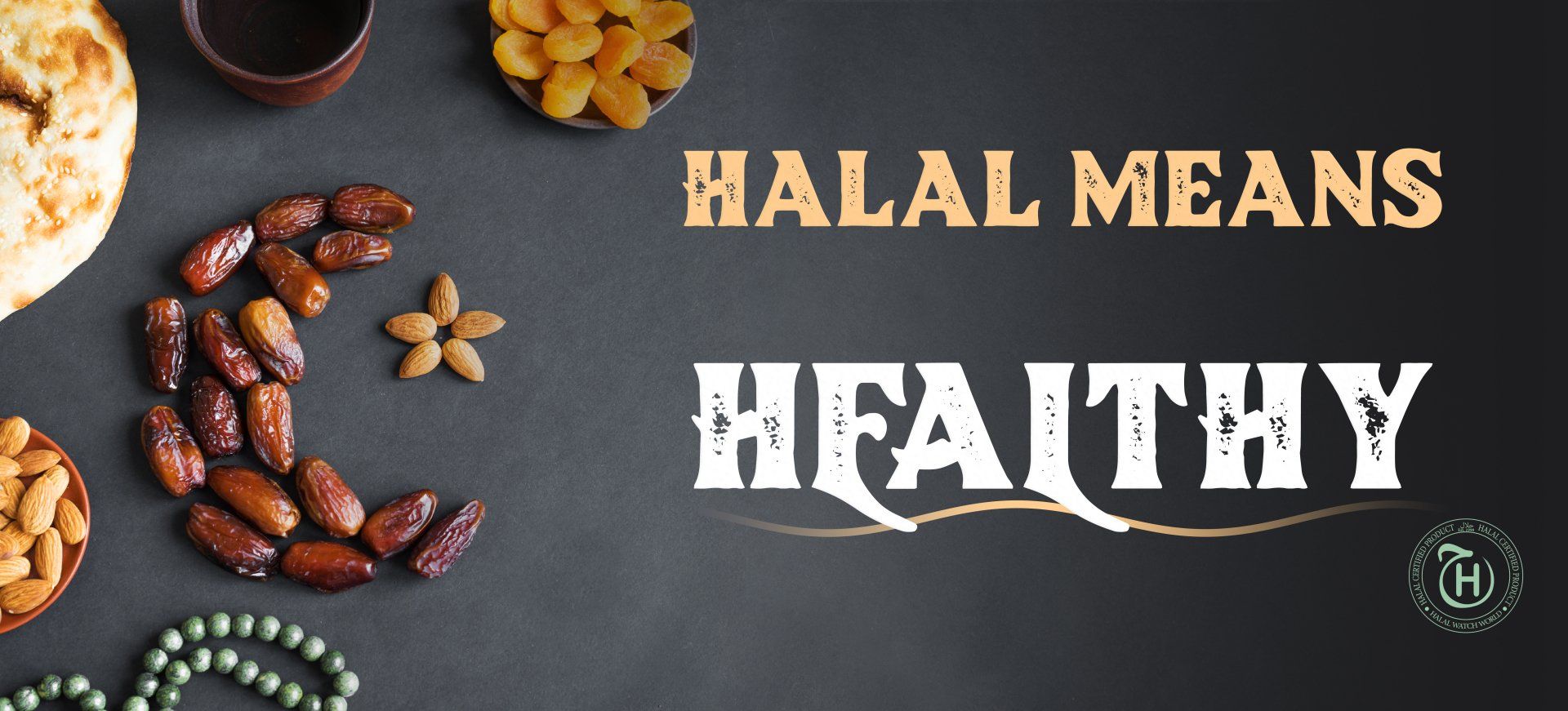
Muslims derive guidance and base their life upon two sources: The Holy Quran and the Sunnah of the Prophet Muhammad (PBUH). These two sources provide guidance for Muslims with regard to every aspect of daily life such as how to be morally upright, how to conduct ethical business, and even how to regulate one’s diet in order to achieve optimal health.
The Sunnah provides us with a substantial amount of information regarding the Prophet’s discourse on his preferred foods that have innumerable health benefits in the prevention and curing of certain illnesses.
The following list provides five prophetic foods along with their benefits:
1. Dates:
Dates are a staple food throughout the Middle East and the Islamic world (Ali et al., 2018). From the hadith sources, we know that dates were the Prophet Muhammad’s favorite fruit to eat. Holy Prophet (PBUH) said “If anyone is fasting let him break his fast with dates. In case he does not have them, then with water” and "He who eats seven 'Ajwa dates every morning, will not be affected by poison or magic on the day he eats them" (Bukhari 5445). Moreover, dates are extremely beneficial and rich in high profile nutrients such as iron, calcium, potassium, vitamin B-6, and fiber (Anwaar, 2017).
There are numerous benefits associated with eating dates, such as its anticancer properties and its ability in detoxifying the liver. Dates are a low glycemic superfood that assists in curing diabetes and helps the body build strong uterine muscles during pregnancy (Ali et al., 2018).
2. Grapes
Grapes are among the favorite foods of the Holy Prophet (PBUH). The phytochemicals derived from them are immensely useful in treating and curing various diseases (Ali et al., 2018). Due to the presence of polyphenol compounds, grapes can be a source of preventing cardiovascular diseases and can assist in reducing its associated risk factors.
Grapes are beneficial in treating hypertension by assisting the body in maintaining blood pressure and regulating glucose levels. Moreover, like dates, grapes also contain anticancer properties which helps prevent skin, breast, prostate, head, neck and lung cancer (Ali et al., 2018)
3. Black seeds (kalonji)
Black seeds are native to South and South-West Asia and are widely used across the world for medicinal purposes. Also known as black cumin or kalonji, black seeds are also popular in various traditions such as Unani and Tibb, Ayurveda, and Siddha (Ali et al., 2018). The importance of black seeds is further elucidated by one of the Holy Prophet (PBUH) where he mentions that “the black seed can heal every disease, except death.”
Black seeds are rich in healing and medicinal properties; they are beneficial in the treatment of cancer, diabetes and helps with hyperpigmentation disorders (Ali et al., 2018)
4. Olives
The use of olives and olive oil is not only popular in the Islamic tradition but is also found cited in the Bible as a “natural healer”. The importance of consuming olives and olive oil is highlighted by the Prophet (PBUH) where he is narrated to have said: “Eat of its oil and use it (the olives), for indeed it is from a blessed tree" (Tirmidhi 1852) and also that “olive oil cures 70 diseases” (Ali et al., 2018).
These benefits of olives and their oil are due to the presence of oleic acid that is found to be effective against certain cancerous cells.
Including olives and olive oil in one’s diet yields great benefits. Regular consumption of olives reduces the risk of developing rheumatoid arthritis, improves the condition of those who suffer from autoimmune disease and maintains one's glucose metabolism (Ali et al., 2018)
5. Barley
According to the prophetic model of the Holy Prophet (PBUH), barley is a food that he consistently consumed; he added barley in his bread, porridge, and dough. According to his Hadith from Ibn-e-Maja, he did the following that elucidates the benefits of barley, “The Messenger of Allah (PBUH) entered upon us, and with him was ‘Ali bin Abu Talib, who had recently recovered from an illness. We had bunches of unripe dates hanging up, and the Prophet (PBUH) was eating from them. ‘Ali reached out to eat some, and the Prophet (PBUH) said to ‘Ali: ‘Stop, O ‘Ali! You have just recovered from an illness.’ I made some greens and barley for the Prophet (PBUH), and the Prophet (PBUH) said to ‘Ali: ‘O ‘Ali, eat some of this, for it is better for you’” (Ibn Majah 4:31:3442) (Anwaar 2017).
From the tradition of the Prophet Muhammad (PBUH), we know that barley is not only high in nutritional value, but it is a healing food that prevents illness and assists in curing fevers (Anwaar, 2017).
With the Quran and Sunnah, we are able to access the prophetic diet of the Prophet Muhammad (PBUH) and the associated health benefits. If we emulate him, and eat that which is halal and healthy, we will find ourselves leading a healthier and spiritually rich life.
References:
Ali, S. A., Parveen, N., & Ali, A. S. (2018). Links between the Prophet Muhammad (PBUH) recommended foods and disease management: A review in the light of modern superfoods. International journal of health sciences, 12(2), 61–69. https://www.ncbi.nlm.nih.gov/pmc/articles/PMC5870322/
Anwaar, Amna. (2017). Prophet Muhammad’s (PBUH) diet. Islamic Finder. https://www.islamicfinder.org/news/prophet-muhammads-pbuh-diet/
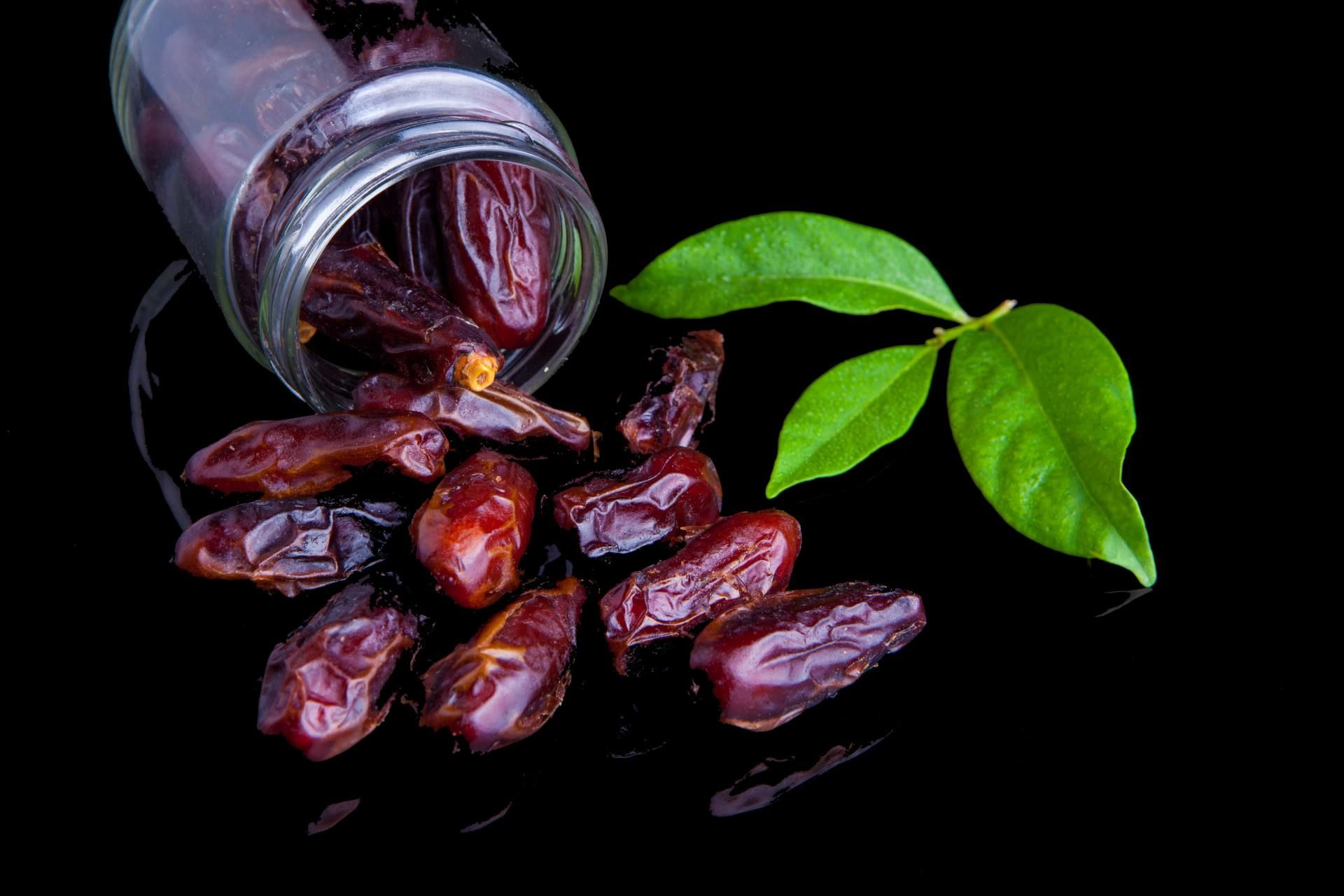
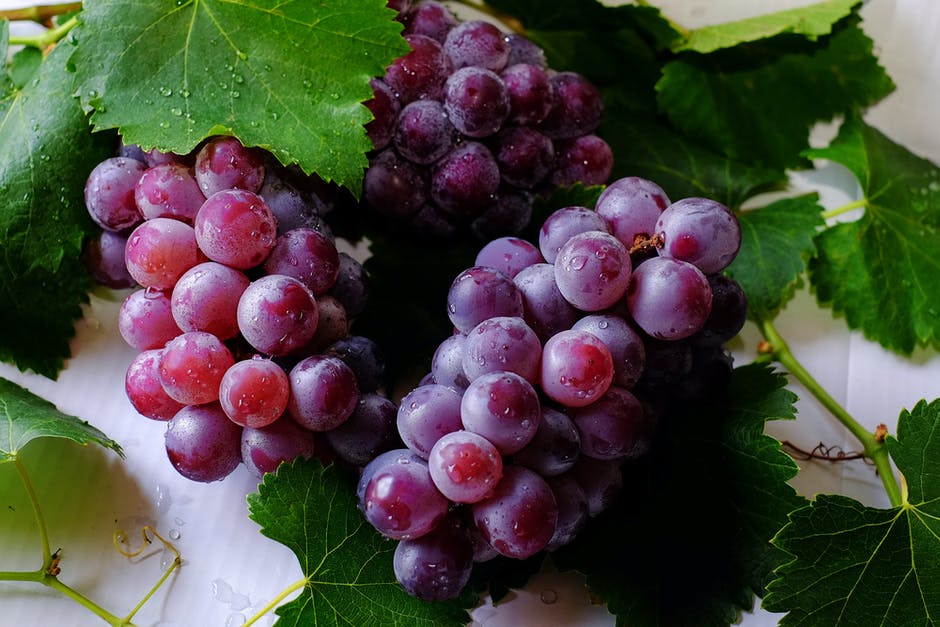
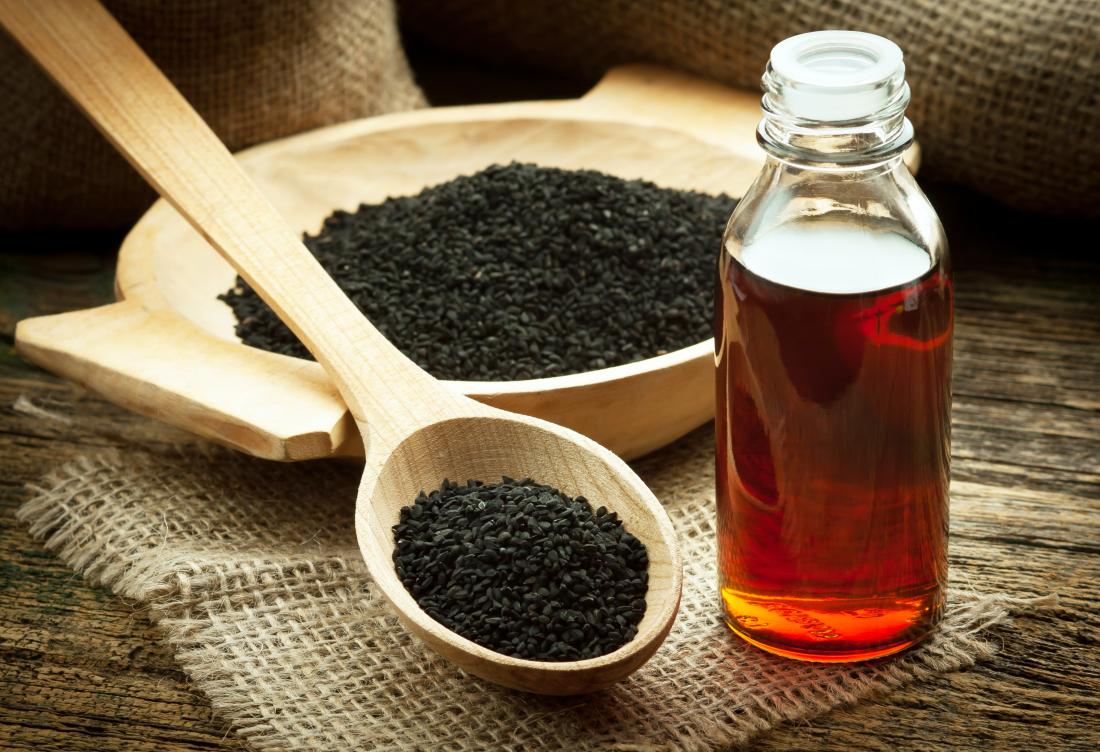
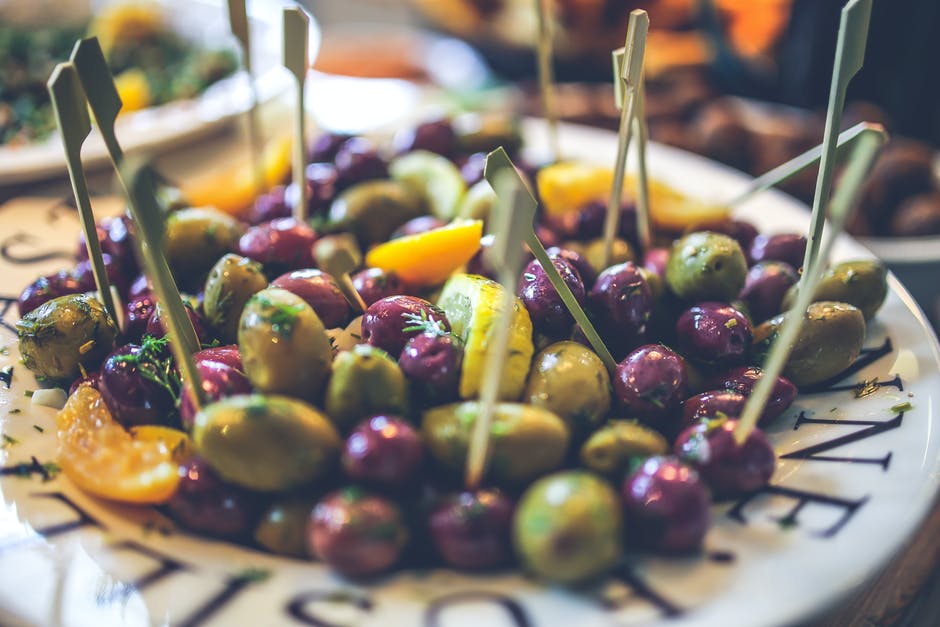
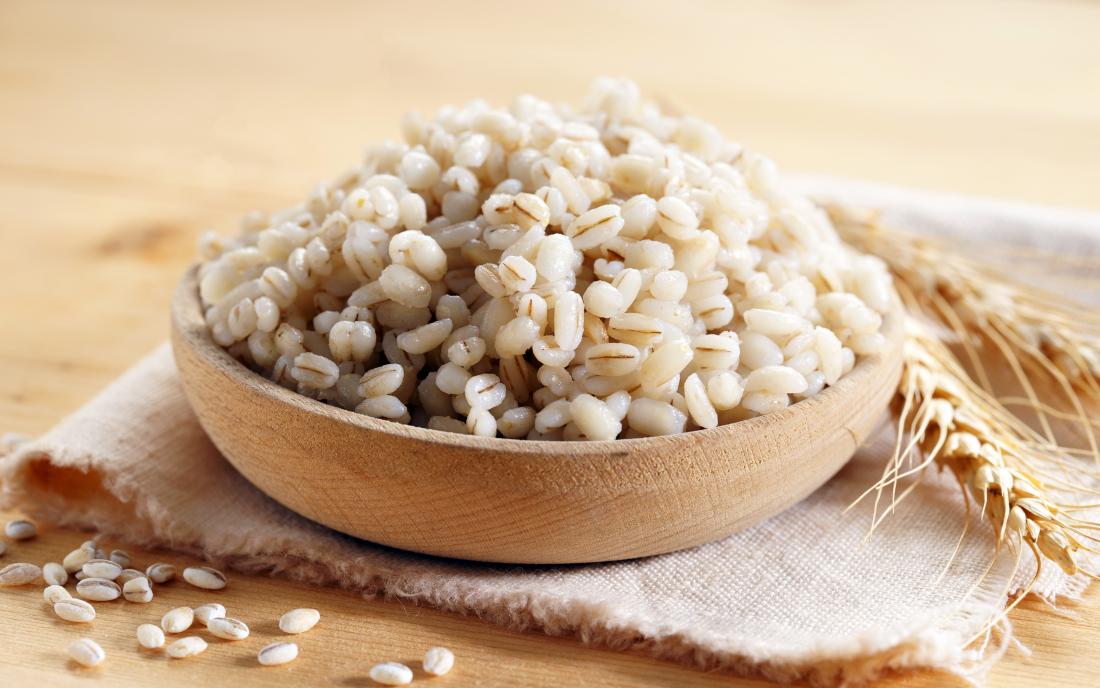


Comments
Post a Comment
If you have any doubts,please let me know